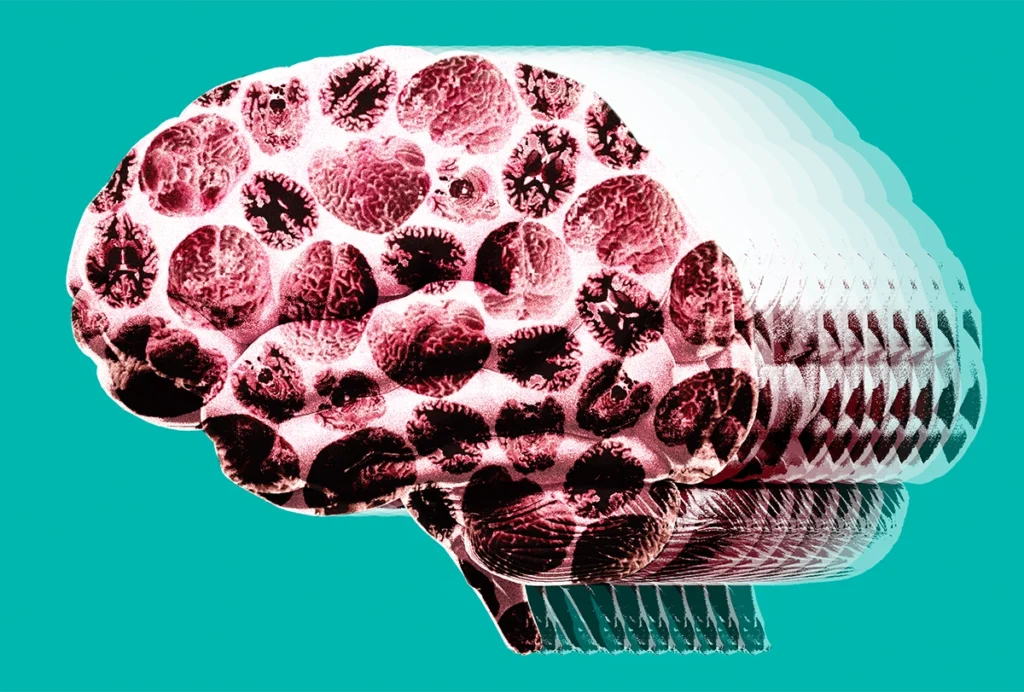Reproducibility
Recent articles
Mouse housing temperatures can cook experimental outcomes
Neuroscientists need to take note of how thermoregulatory processes influence the brain and behavior—for the sake of reproducibility and animal welfare.

Mouse housing temperatures can cook experimental outcomes
Neuroscientists need to take note of how thermoregulatory processes influence the brain and behavior—for the sake of reproducibility and animal welfare.
To improve big data, we need small-scale human imaging studies
By insisting that every brain-behavior association study include hundreds or even thousands of participants, we risk stifling innovation. Smaller studies are essential to test new scanning paradigms.

To improve big data, we need small-scale human imaging studies
By insisting that every brain-behavior association study include hundreds or even thousands of participants, we risk stifling innovation. Smaller studies are essential to test new scanning paradigms.
Breaking down the winner’s curse: Lessons from brain-wide association studies
We found an issue with a specific type of brain imaging study and tried to share it with the field. Then the backlash began.

Breaking down the winner’s curse: Lessons from brain-wide association studies
We found an issue with a specific type of brain imaging study and tried to share it with the field. Then the backlash began.
Explore more from The Transmitter
Xiao-Jing Wang outlines the future of theoretical neuroscience
Wang discusses why he decided the time was right for a new theoretical neuroscience textbook and how bifurcation is a key missing concept in neuroscience explanations.
Xiao-Jing Wang outlines the future of theoretical neuroscience
Wang discusses why he decided the time was right for a new theoretical neuroscience textbook and how bifurcation is a key missing concept in neuroscience explanations.
Memory study sparks debate over statistical methods
Critics of a 2024 Nature paper suggest the authors failed to address the risk of false-positive findings. The authors argue more rigorous methods can result in missed leads.

Memory study sparks debate over statistical methods
Critics of a 2024 Nature paper suggest the authors failed to address the risk of false-positive findings. The authors argue more rigorous methods can result in missed leads.
Attention not necessary for visual awareness, large study suggests
People can perceive some visual information even if they do not pay direct attention to it.

Attention not necessary for visual awareness, large study suggests
People can perceive some visual information even if they do not pay direct attention to it.